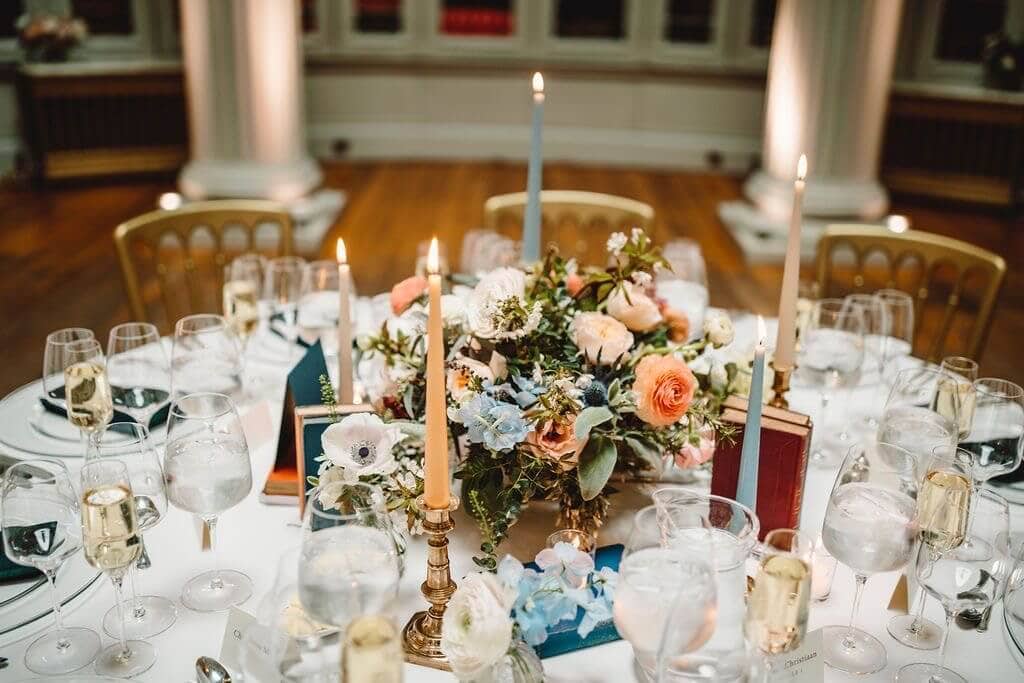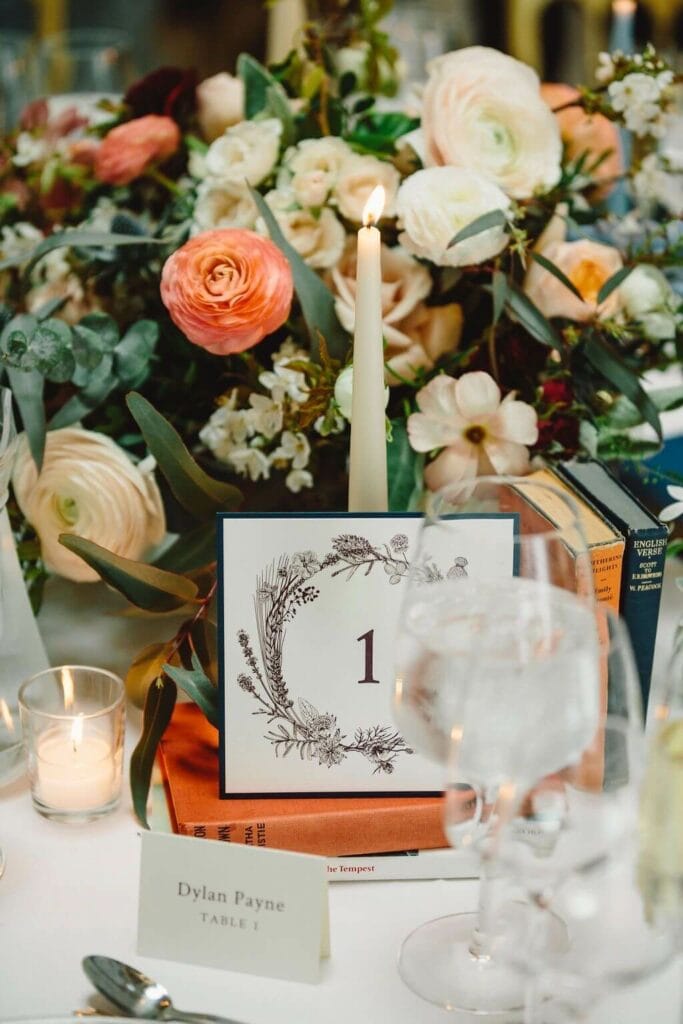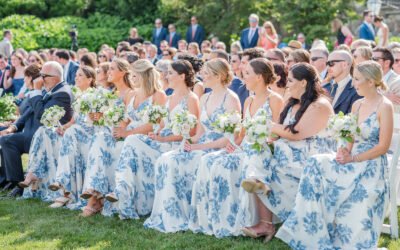Firstly, consider the location. The destination you choose will set the tone for your wedding and affect many other decisions, such as the guest list, budget, and attire. Consider the climate, season, accessibility, and local culture when choosing a location. You also need to ensure that the location can accommodate your guests and your preferred wedding style.
Secondly, decide on the budget. Destination weddings can be more expensive than traditional weddings due to travel expenses, accommodation, and other factors. It’s important to determine your budget early on and stick to it throughout the planning process. Be sure to account for any additional expenses that may arise, such as currency exchange fees or unexpected travel costs.
Thirdly, plan for logistics. You’ll need to consider transportation for you and your guests, as well as accommodations and any necessary permits or legal requirements. It’s important to make arrangements for these details in advance to avoid any last-minute complications.
Fourthly, keep your guests in mind. Destination weddings can be a significant investment for your guests, both in terms of time and money. Make sure to provide them with plenty of information about the location, accommodations, and local activities to help them plan their trip. It’s also important to consider their needs, such as dietary restrictions or accessibility requirements.
Lastly, hire a wedding planner. Planning a destination wedding can be overwhelming, and a wedding planner can help ensure that everything runs smoothly. They can assist with logistics, provide vendor recommendations, and help you stay within your budget.
In conclusion, planning a destination wedding can be a wonderful experience with the right preparation and attention to detail. By considering location, budget, logistics, guests, and hiring a wedding planner, you can create a magical and unforgettable day










